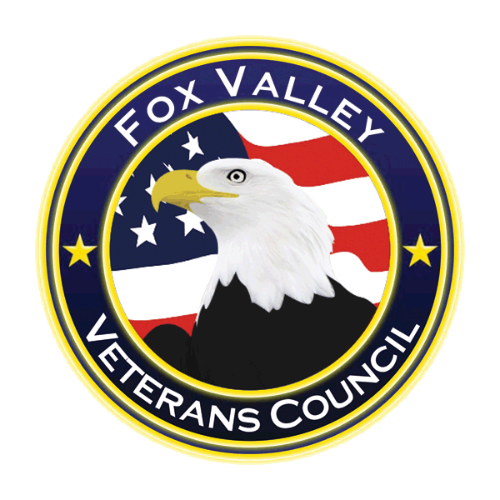https://ng.wi.gov/news/22026
Wisconsin Army National Guard Maj. Bill Barthen when he was a Captain in the organization. Barthen recently donated one of his kidneys to a stranger in need. If intro/FB image not designated, this will be the default image
A few years ago Bill Barthen, a major in the Wisconsin Army National Guard, got involved in the Mankind Project, an organization that supports men to make a difference in the lives of others. Barthen met John Nemick, a spiritual leader with the organization. Nemick was going into kidney failure and was waiting for a transplant. He’d been on the list for years.
Barthen was inspired to offer Nemick his kidney after watching a friend go through the process of donating a kidney to someone else. Barthen committed his kidney to Nemick in October of 2020 and began the process with the UW Health Transplant Clinic in Madison.
Unfortunately, Nemick passed away in July of 2021.
“With John passing in July, that sent me into a process of trying to find out should I still do this?” Barthen said.
“John would want me to keep doing this and let somebody else live or not be on dialysis, whatever their luck might be with receiving a kidney, so I just said yeah, I’ll do it,” he continued.
Barthen continued the process as a non-directed donor, meaning he would not choose who received his kidney. After various interviews, lab tests, and medical exams, he was cleared to be a donor. He received the call that they found a match for his kidney while attending a course at the National Guard Professional Education Center in Arkansas.
On December 28, a nephrologist removed one of Barthen’s kidneys and sent it to California to be transplanted into the matched recipient.
“[There were] immediate tears when my doctor came in the next day and said your kidney made it to California,” Barthen said. “It’s been received well by the transplant, and you’ve just rescued someone from dialysis for the rest of their life.”
Bill Barthen, a competitor for Wisconsin National Guard, begins aggressivly during the 2020 Eastern/Central regional biathlon sprint race at Camp Ripley, Jan. 17 2020.
As Barthen began his journey to be a living donor, he had multiple in-depth conversations with his family, his girlfriend, and his employers. He worked closely with his supervisors within the Wisconsin National Guard for both his traditional part-time role as a member of the Command Maintenance Evaluation Team, and his full-time job working as a federal technician in the office of the Wisconsin Army National Guard’s deputy chief of staff for logistics. He received full support and the timing was right in both his personal life and in his military career.
“Each individual needs to look at that timing and be very open about it with a supervisor,” Barthen said. “Even though it’s a personal decision, it definitely has to be communicated because if there is a time that a service member is out of the office, definitely coordinate what that best time is.”
Barthen’s recovery in the hospital lasted longer than typical due to a complication. Still, he was able to continue on with his unit without missing a drill weekend with the support of his unit.
“I wasn’t able to drive for a while, so my supervisor, Lt. Col. Bart Droessler, actually came to my house to pick me up for drill weekend,” Barthen said. “We set that support system up before we even had that first drill so I was able to do my M-Day responsibilities without having to pass that off to somebody else while I was recovering.”
Barthen hopes that others will and consider being a donor. Within the military, there are policies and regulations that encourage and support service members who would like to be organ donors.
“I strongly urge people to look into it and consider it, and before dismissing it, ask questions,” Barthen said. “Ask somebody who’s in need and ask somebody who’s gone through the process to help make the decision. Don’t just jump out there and do it because there’s a lot to be sure of.”
He added that he thinks it’s an easy choice to make if you know and are connected to the person in need, such as a family member, a neighbor, or even someone you know through school or church.
“There’s only 100,000 people that need a kidney right now. To me, what that means is if every group of 10,000 in the United States could find one person willing to donate, we could eliminate that wait list,” Barthen said. “To think of that, our organization is just under 10,000. I don’t necessarily want to be the one. Maybe I’m the catalyst.”


